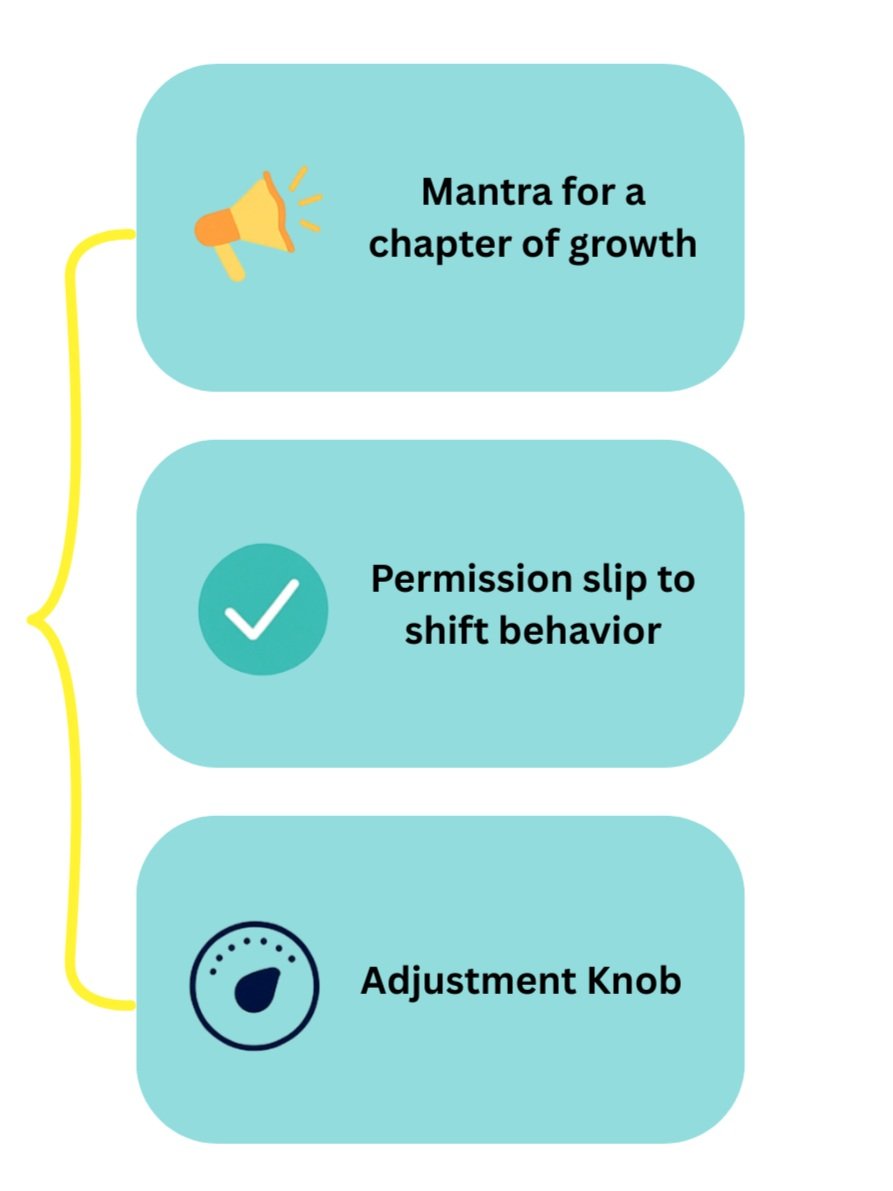Are You Prepared for What You’re Signing Up For?
So you’ve signed up to “do better.” Good. Now let’s get to work.
There is a weird and perverse element of competitiveness that crops up in times like these; a rush to social media and public statements and almost a competition between companies and individuals alike. Who is the most woke? Whose statement is the most poignant? Who came out first, or more aggressively? Who had the most startling take or the most unique approach? Who said something stupid and should be canceled? Who said something that you just can’t help but share?
To wit: I read some articles this week that were not so much about the content of these messages themselves but about the tactic and the analysis of the concept of posting in general. In one article, companies were handicapped based on the quality of the messages that were put out. In the article, they said that Ben & Jerry’s was “the clubhouse leader“ in quality of messages that were being put out there. (Really? You’re using a golf analogy to rate the quality of corporate responses in our time of national crisis?)
I guarantee you that if you go to your Facebook or Twitter or LinkedIn or Insta right now, your feed will be overrun with these types of messages, featuring similar types of wordings: “I don’t really have the words.” “We need to listen more, we need to do better, we need to be more understanding.” “There’s a lot of optimism that can come from this. And hope.”
I’m not saying that none of this is true. It is all true. But I question, as should we all, if the people that are writing these messages know what they are signing up for. And if they are willing to make the commitments right now to achieve the outcomes that they’re outlining in their messages. Because if they’re not, you could argue their messages are just words and that empty words are actually extremely destructive.
I love your social media post where you talked about the privilege that allowed you to get your job and achieve all the opportunity that you have. Are you willing to schedule a meeting next week where we go through your career path and look to see if at any point -- say, when you got your job at this particular company -- that your salary was inflated based off of the fruits of that privilege that you acknowledged? You said we should donate money to these charities, and so are you going to step up and encourage us to cancel bonuses this year and make a donation instead? Are you willing to advocate for a promotion or advancement structure at your company that helps your Black coworkers advance at a rate higher than their white counterparts as a way of combating the injustice that they face on a daily basis throughout their lives? Are you committing to slowing your personal gain to pave the way for your Black peers to have a level-playing field?
I loved your company’s Facebook post where you transparently indicated that you have no Black employees at the director level or above, and that you want to fix it. That’s great. Will you commit today that no job description will go up without being filtered for bias? Will you commit that you won’t move forward at any phase of the interview process unless your candidate pool has met the societal baseline for diversity (at least)? Will every hiring manager receive bias awareness training to help them understand how their own biases are affecting the process? More importantly, if there’s evidence that your hiring processes are not meeting your standards of Diversity, Equity and Inclusion, will you stop hiring until you fix it, even if it hurts your business? Will you be back next year to share your progress? This is a list of areas in the employee experience where we know systemic racial inequity exists:
Employee retention
Benefits
Performance reviews and feedback
Promotions
Salary/compensation
Client attraction / new business
Talent pipeline
Intern processes
Onboarding
Offboarding
Discipline
Employee engagement
And so much so much more
Thank you, Mr. Venture Capitalist, for your statement about how we need to listen more, and how we need to be better. Are you willing to undergo a quarterly review of your portfolio and stop investing until your portfolio meets previously set demographic standards -- namely that you are investing in Black, Latinx and female founders at a rate far above what you are investing right now? And if you’re having trouble finding founders of color (or women for that matter) that you would not just blithely move forward with your plans to invest but that you would stop, and invest instead in programs that will help founders of color, even if it takes you an extra two or three or five or 10 years to invest your fund? Have you had “the talk” with your general partners about what these commitments would look like and how they might not see the returns on their investments as soon as they might have otherwise?
My point with all these examples, which are drawn from some actual things that people have written, is that it’s one thing to say that you want to change, but it’s a whole other thing entirely to take action.
But these types of actions are essential and necessary to undo centuries of systemic oppression and discrimination.
I have stood in rooms and proposed to companies relatively innocuous (in my mind) solutions, and watch them shot down before my very eyes. Simply setting quotas for candidate pools, or offering enlarged incentives for people who referred Black employees to the company instead of white employees. Historically, there’s been very little appetite for this sort of thing, in my experience.
Now we find ourselves in a moment of change, and what we know about change and change in crisis is that everything goes on the table. And that includes some measures that as recently as two weeks ago you would’ve rejected -- those should not only be considered but they should be adopted. And that will require every one of us to look at our own behavior and our own situation and think about the most creative ways that we can make an impact going forward. And the most aggressive ways that we can make an impact going forward.
It’s great that everybody is speaking out, it really is, and it’s fundamental to change, but it’s our obligation that we hold ourselves and everybody else around us accountable for the words that they’re putting out there right now. Those words must have actions associated with them and those actions must be intense and severe and directed and paradigm changing. Anything less is unfair, and there’s an application of the promises that were made, and the progress that we need.
We are all making promises. Let’s live up to them.











